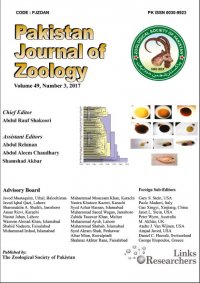Effect of DNA Methylation of T Cells on the Development of Experimental Asthma
Effect of DNA Methylation of T Cells on the Development of Experimental Asthma
Xiaoying Liang1,2, Xiaofang Jiang3, Honglin Jia1, Ru Zhang1, Li Gao4* and Qing Yang5*
ABSTRACT
It has recently been demonstrated that DNA methylation causes differential secretion of T helper 1 (Th1) and Th2 cytokines by effector T cell polarisation. This study investigates changes in the marker genes of T cell subsets after allergen sensitisation and demethylation intervention as well as the T cells’ effects on allergic airway inflammation development. The number of T cell subsets and the expression of cytokines were detected by a well-established model of experimental asthma. The number of T cell subsets was detected by flow cytometry, the protein expression was detected by enzyme-linked immunosorbent assay, and the gene expression was detected by real-time polymerase chain reaction. In addition, in vitro experiments with Jurkat cells were used to verify the effect of methylase inhibitor 5-Aza-2’-deoxycytidine on the expression of cytokines and genes in the T cells. The expression of Th2 cells, cytokine proteins and genes after allergen sensitisation revealed a significant increase in CD4+ T cells. However, analysis of regulatory T cells revealed the opposite results. The decrease of Th2 cells, cytokine proteins, and genes was reversed by a DNA methyltransferase inhibitor in vitro and in vivo, which also increased the allergen sensitisation status and decreased the inflammatory response. Epigenetics has an impact on disease occurrence. Epigenetic regulation in T cells contributes to the development of experimental asthma, which can be treated pharmacologically.
To share on other social networks, click on any share button. What are these?










